 by Adrian Bradley, CEO, Arthritis and Musculoskeletal Alliance (ARMA)
by Adrian Bradley, CEO, Arthritis and Musculoskeletal Alliance (ARMA)
At ARMA, our vision for neighbourhood health goes far beyond the NHS. The NHS is, of course, a vital part of our lives and a cornerstone of care but health is not created in hospitals or clinics alone. It is shaped in the places we live, work and connect, in our homes, schools, workplaces, parks, and communities. Neighbourhood health is about recognising that wellbeing depends as much on the social, economic, and environmental conditions around us as it does on clinical services.…
Read more of this article


 In April, the government announced plans for England’s first Men’s Health Strategy, aimed at addressing the life expectancy gap and health conditions that disproportionately affect men.
In April, the government announced plans for England’s first Men’s Health Strategy, aimed at addressing the life expectancy gap and health conditions that disproportionately affect men.
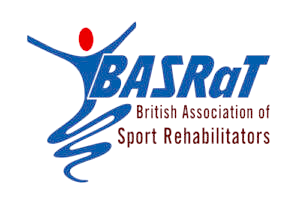 The Accredited Registers Collaborative is urging the Government to address a long-standing legislative gap that excludes health and care practitioners on Professional Standards Authority (PSA) Accredited Registers from VAT exemption, despite their vital contributions to public health.
The Accredited Registers Collaborative is urging the Government to address a long-standing legislative gap that excludes health and care practitioners on Professional Standards Authority (PSA) Accredited Registers from VAT exemption, despite their vital contributions to public health.
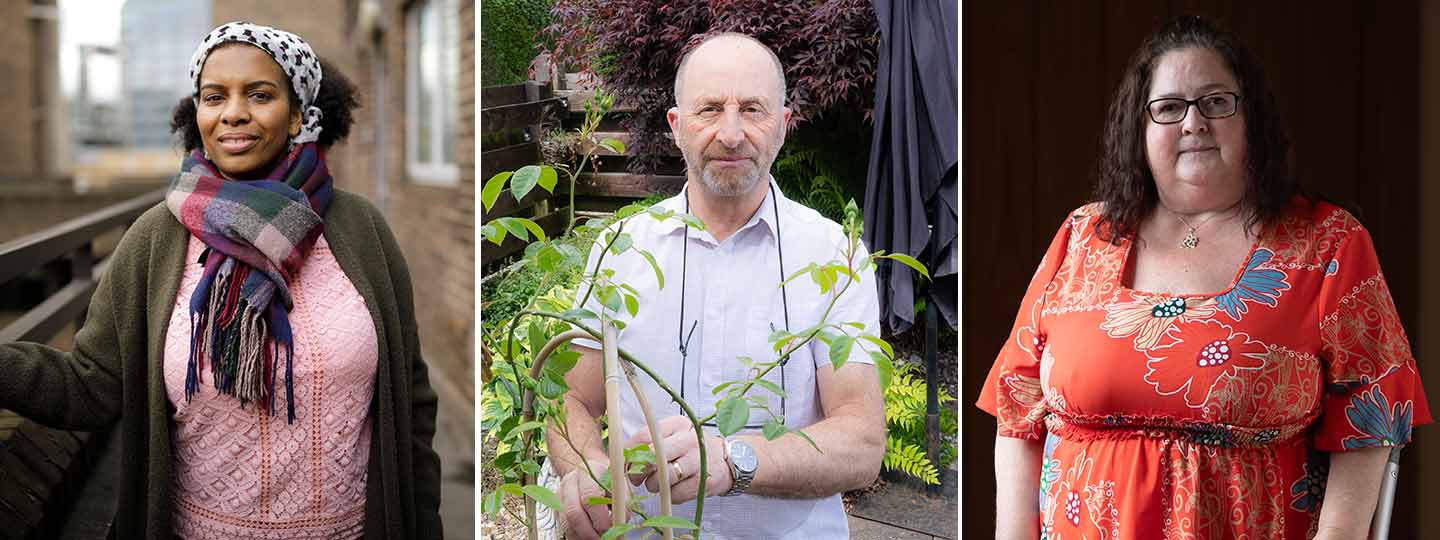 In June, Versus Arthritis launched their Cut to the Bone campaign, calling on the UK Government to rethink its proposed cuts to disability benefits. In response, almost 40,000 people emailed their MPs, calling on them to vote against these cuts.
In June, Versus Arthritis launched their Cut to the Bone campaign, calling on the UK Government to rethink its proposed cuts to disability benefits. In response, almost 40,000 people emailed their MPs, calling on them to vote against these cuts.
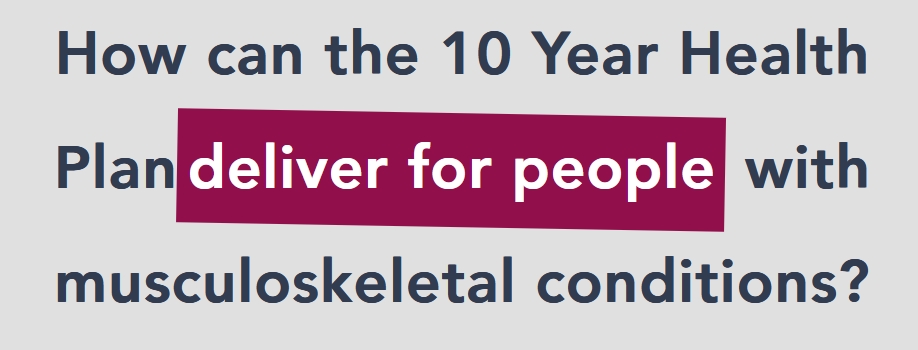
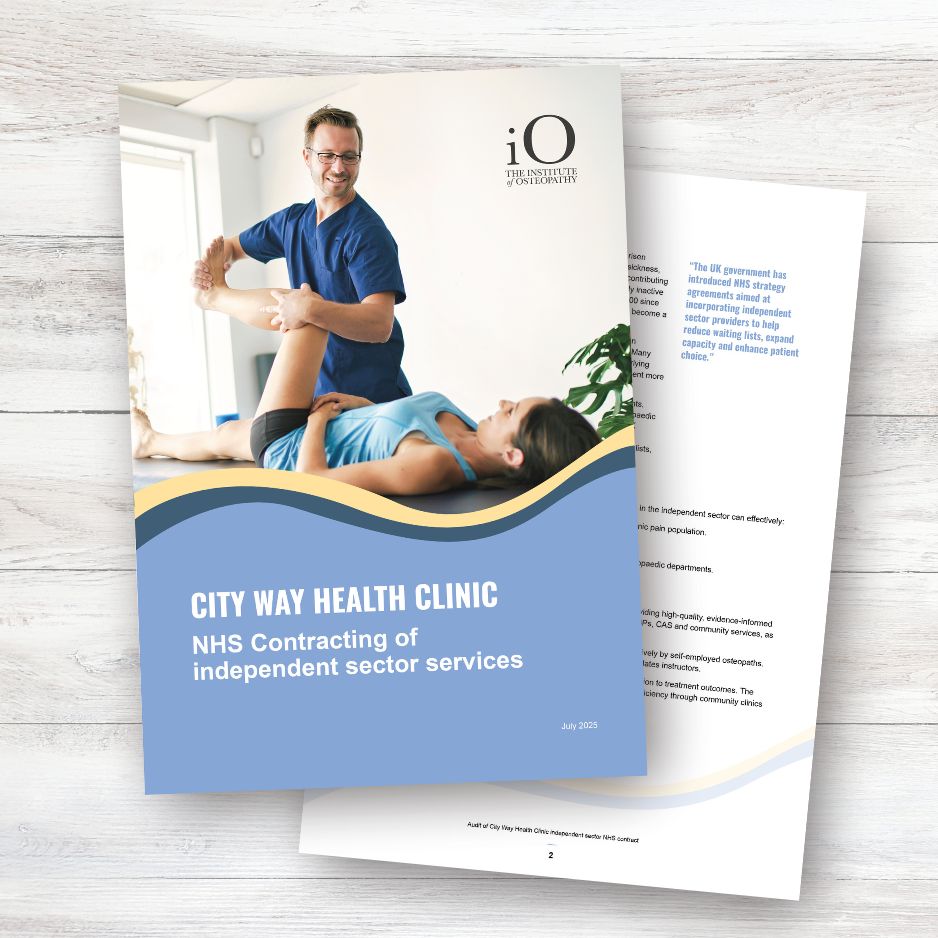
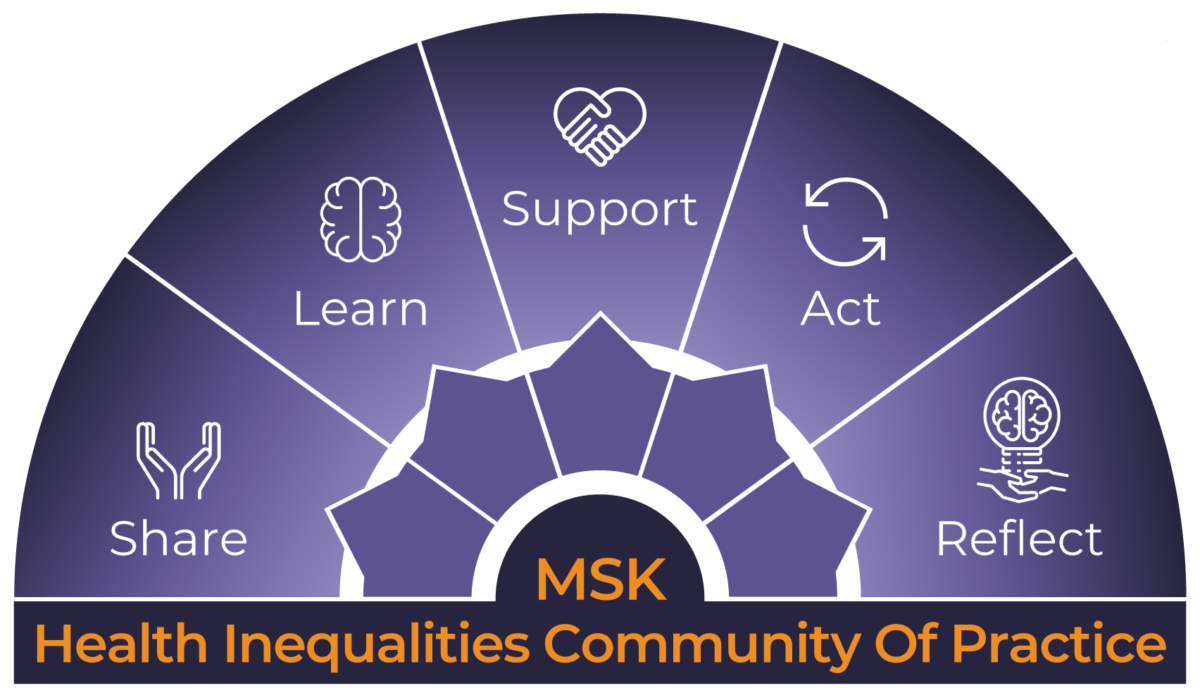
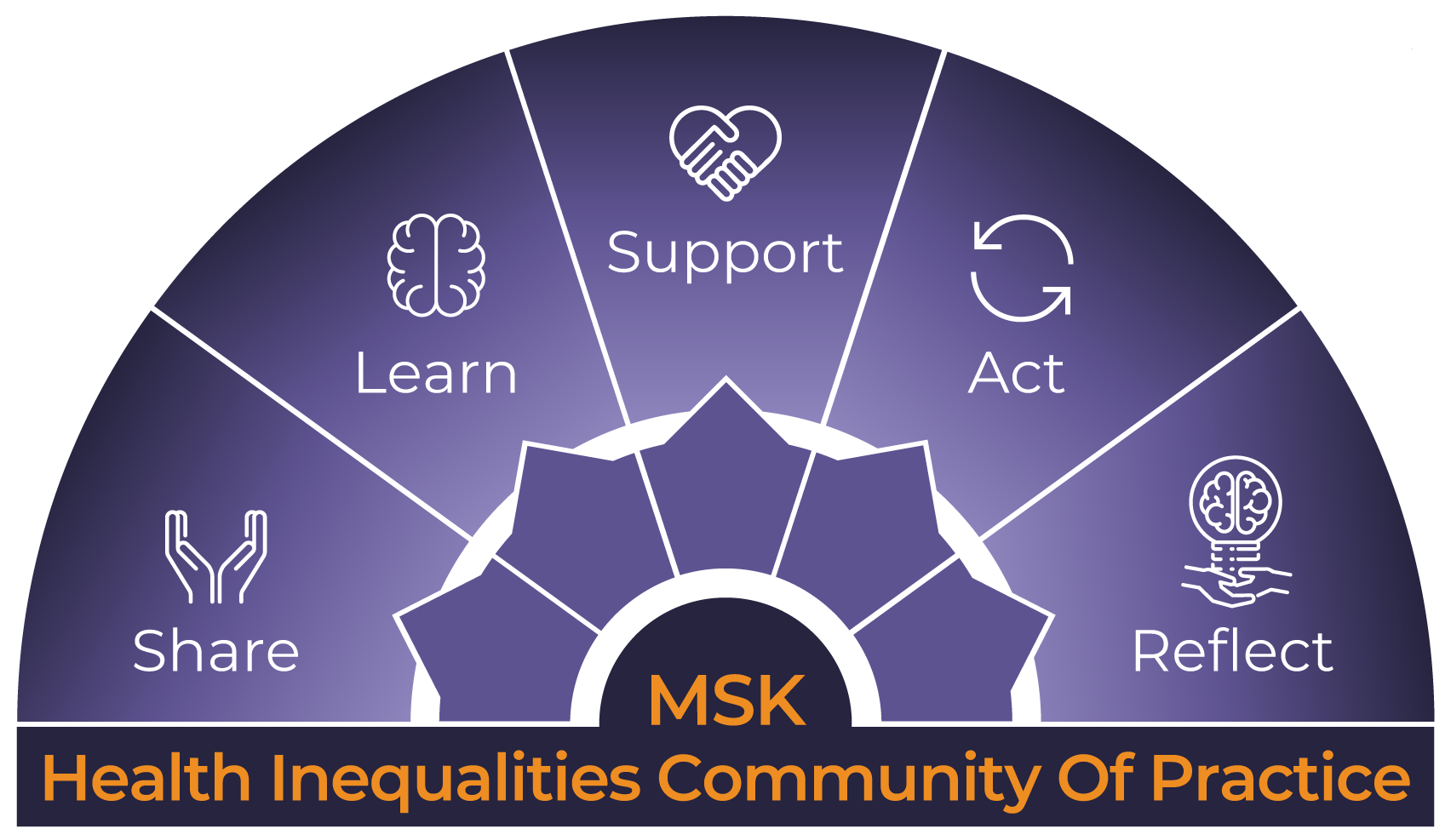 MSK Health Inequalities Community of Practice Meeting
MSK Health Inequalities Community of Practice Meeting